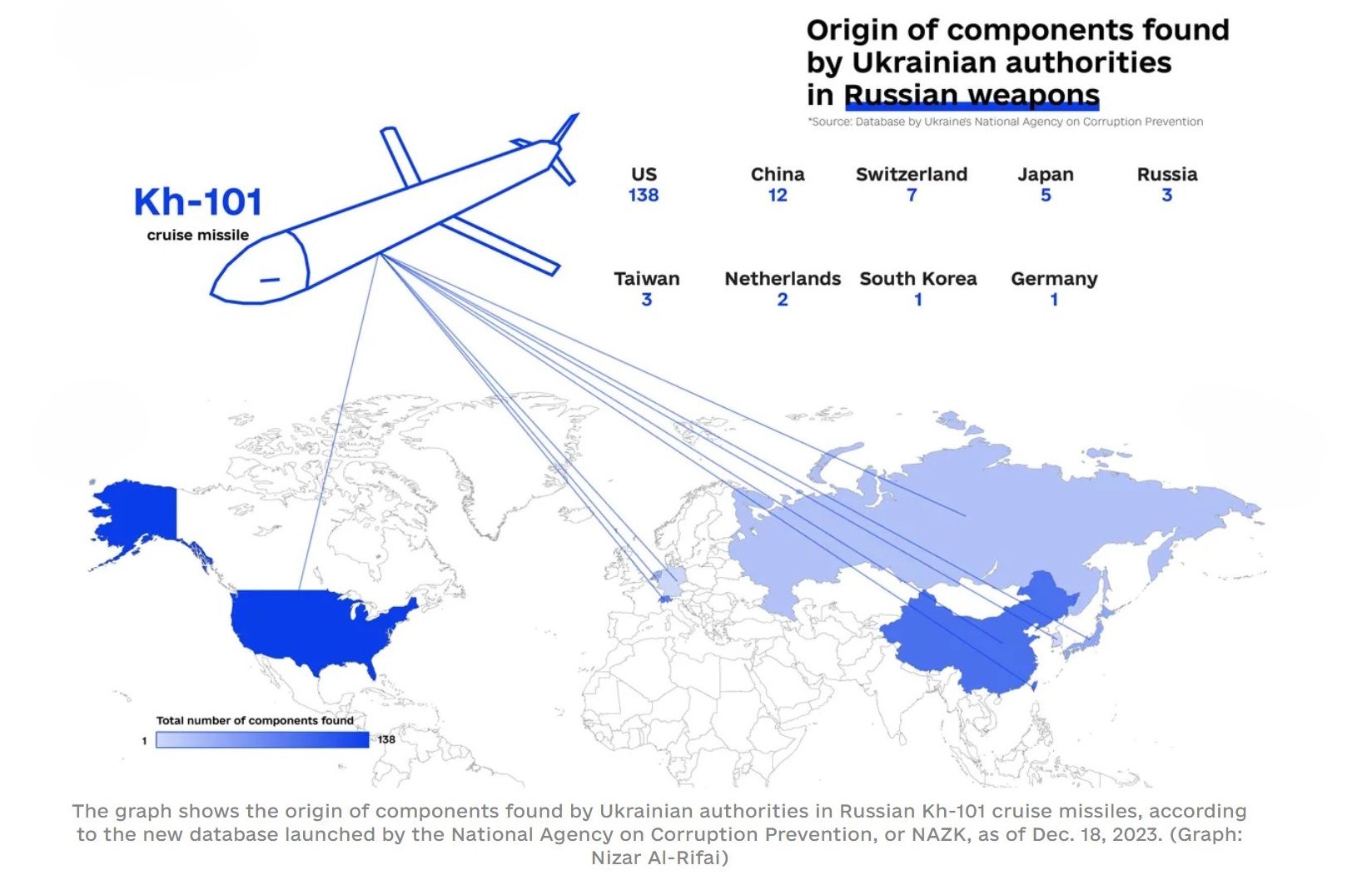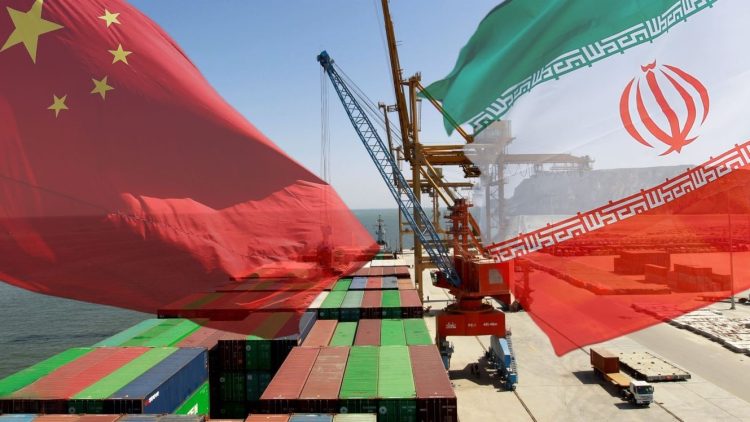The United States has recently intensified its use of sanctions as a key instrument of foreign policy, particularly targeting Chinese and Iranian tech companies involved in activities that threaten U.S. national security and global stability.
What are Sanctions?
Sanctions are measures countries or international organizations impose to restrict or penalize certain activities of individuals, entities, or nations to achieve foreign policy or national security objectives. The sanctions that the United States imposes on countries like Iran and China typically include economic restrictions, such as trade bans, asset freezes, and financial transaction prohibitions, aimed at pressuring these countries to change specific behaviors deemed harmful or threatening by the sanctioning entity.
Types of Sanctions
- Economic Sanctions are the most common type of sanctions and involve restrictions on trade, investment, and other economic activities. For instance, the U.S. has imposed comprehensive trade embargoes on Iran, severely limiting its ability to export oil and other goods that are crucial to its economy. Economic sanctions can also include freezing assets belonging to individuals or entities involved in illicit activities, such as supporting terrorism or engaging in cyber warfare.
- Financial Sanctions involve blocking access to international financial systems and freezing assets held in foreign banks. For example, Chinese companies targeted by U.S. sanctions may be barred from conducting transactions in U.S. dollars or accessing U.S. financial markets. This can severely limit their ability to operate globally, as the U.S. dollar is a key currency for international trade and finance.
- Trade Restrictions and Export Controls: These sanctions prohibit the export of specific goods and technologies to sanctioned countries. The U.S. often employs these to prevent adversaries like Iran and China from acquiring technology that could enhance their military capabilities, such as advanced semiconductors, aerospace components, and cybersecurity tools.
- Targeted Sanctions: These focus on specific individuals, companies, or sectors rather than applying to an entire country. The U.S. might impose targeted sanctions on Chinese tech companies accused of aiding state-sponsored cyber-attacks or on Iranian military leaders involved in the development of ballistic missiles. Targeted sanctions are intended to limit collateral damage and humanitarian impact, aiming to pressure specific actors within a country rather than its general population.
Objectives of Sanctions
These measures are used as a foreign policy tool to achieve several objectives:
- Deter Aggressive Actions: By imposing economic and financial costs, sanctions aim to deter countries like Iran and China from engaging in activities that threaten international peace and security, such as nuclear proliferation or cyber espionage.
- Force Behavioral Change: Sanctions are designed to compel a change in policy or behavior by creating economic hardship or limiting access to critical resources.
- Signal Disapproval: Sanctions serve as a political statement to signal disapproval of a country’s actions, such as human rights abuses or support for terrorism, and to align with international norms and laws.
- Weaken Adversarial Regimes: By targeting economic sectors and restricting access to financial resources, sanctions can weaken the economic base of adversarial regimes, potentially leading to internal pressure for change.
Overall, sanctions are a versatile tool in the arena of international relations, allowing countries like the U.S. to exert pressure without resorting to military conflict. However, the effectiveness of sanctions often depends on the level of international cooperation and the resilience of the targeted nation’s economy and political system.
Sanctions are not merely punitive but strategically designed to curb these nations’ military and technological advancements, which the U.S. government perceives as adversaries. I mean, why help the Chinese build a better bomb when it might end up being used on our troops one day?
They have become a cornerstone of U.S. foreign policy, especially in the digital age, where technology and cybersecurity have emerged as critical battlegrounds for geopolitical influence. By targeting Chinese and Iranian tech companies, the U.S. aims to disrupt the economic and technological foundations that support these countries’ military capabilities. This approach is a part of a broader “whole-of-government” strategy that integrates economic, diplomatic, and military tools to achieve national security objectives.
Sanctions on Chinese Entities
In 2024, the U.S. Treasury’s Office of Foreign Assets Control (OFAC) sanctioned several Chinese companies and individuals for their involvement in activities deemed harmful to U.S. interests. One major target was the Wuhan Xiaoruizhi Science and Technology Company, a front company allegedly affiliated with China’s Ministry of State Security. This company and other Chinese nationals were implicated in malicious cyber operations targeting critical U.S. infrastructure. These actions were coordinated with allies, including the UK, to disrupt state-sponsored cyber espionage and safeguard national security interests.
Moreover, the U.S. imposed sanctions on Chinese companies involved in supporting Russia’s military efforts in Ukraine. These entities were accused of providing material support, including dual-use technologies, which are civilian products that can also be used for military purposes. The U.S. sanctions aim to cut off these companies from the global financial system and deny them access to critical technologies and markets.

Sanctions on Iranian Tech Companies
The U.S. has also targeted Iranian tech companies as part of its broader strategy to counter Iran’s destabilizing activities in the Middle East. OFAC recently sanctioned a network of Iranian and Hong Kong-based entities involved in procuring materials for Iran’s ballistic missile and unmanned aerial vehicle (UAV) programs. These sanctions are designed to disrupt the supply chains that feed into Iran’s military apparatus, particularly the Islamic Revolutionary Guard Corps (IRGC) and its Quds Force, which have been linked to terrorism and regional instability.

Additionally, the U.S. sanctioned cyber actors associated with the Iranian government, specifically targeting those involved in cyber-attacks against U.S. companies and government agencies. These actions are part of a coordinated effort to expose and disrupt the Iranian state’s cyber capabilities, which have been increasingly active in cyberspace as a means of asymmetric warfare.
Strategic Implications
Our sanctions against these two nations serve multiple strategic purposes:
- They aim to curtail China’s and Iran’s technological and military capabilities, thereby preventing these countries from gaining a strategic advantage over the United States and its allies.
- They are used as a diplomatic tool to signal disapproval and to pressure these nations into complying with international norms and U.S. foreign policy objectives.
- By targeting key sectors like technology and finance, the U.S. seeks to weaken the economic foundations that support these adversarial regimes’ military and cyber capabilities.
However, the effectiveness of these sanctions depends on their enforcement and the international community’s willingness to support them. As global supply chains are complex and often involve multiple jurisdictions, achieving the desired outcomes requires robust international cooperation and intelligence-sharing.
To sum up, U.S. sanctions against Chinese and Iranian tech companies represent a critical component of the broader strategy to maintain global security and uphold international norms. Understanding these dynamics is essential to understand as they highlight the intersection of technology, security, and geopolitics in contemporary global affairs.
Sure, we should still walk softly and carry a big stick, but behind the scenes, maybe sanctions will help out enough that we never have to wallop the bad guys with our stick.
—
Disclaimer: SOFREP utilizes AI for image generation and article research. Occasionally, it’s like handing a chimpanzee the keys to your liquor cabinet. It’s not always perfect and if a mistake is made, we own up to it full stop. In a world where information comes at us in tidal waves, it is an important tool that helps us sift through the brass for live rounds.










COMMENTS